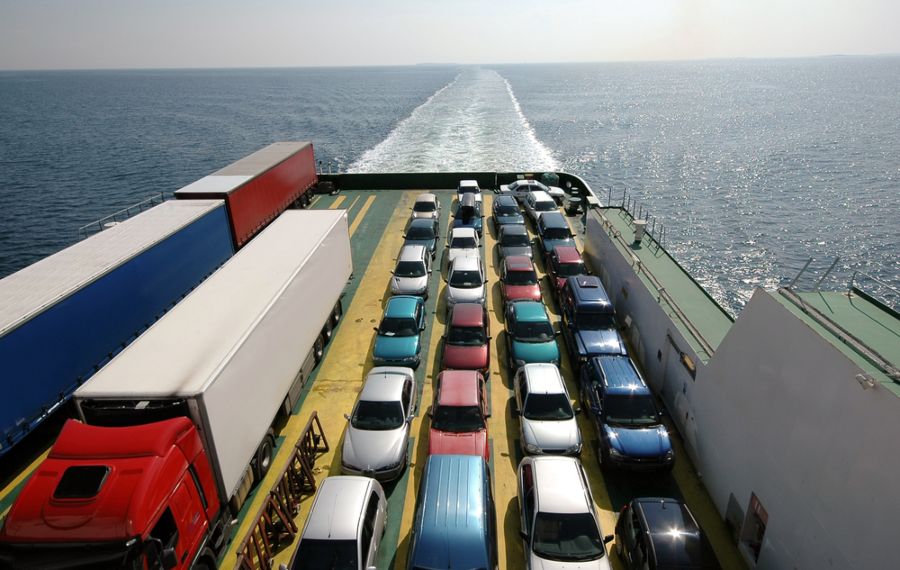

Nigeria’s automotive industry is about a major transformation—one that could fundamentally reduce the country’s reliance on imported vehicles. At the center of this change is a new policy direction from the National Automotive Design and Development Council (NADDC), which aims to deepen local vehicle production by leveraging Nigeria’s natural resources, engineering talent, and industrial capacity.
Speaking at a recent stakeholder engagement in Uyo, Akwa Ibom State, the Director-General of NADDC, Mr. Oluwemimo Osanipin, announced a strategic push to manufacture plastic automotive components locally. These parts, which are typically made from petroleum by-products, represent a key area where Nigeria has a clear cost advantage.
“This is part of the broader Nigeria First Policy,” Osanipin stated. “We’ve been advocating for this for years—prioritizing Nigerian-made products, especially in the automotive sector, which is a heavy recipient of government expenditure.”
The policy shift is not just about reducing imports; it’s about strengthening the domestic economy, creating jobs, and building industrial capacity. By focusing on plastic components and other parts that can be efficiently produced locally, the NADDC hopes to cut costs for local assemblers and encourage mass production.
Another cornerstone of the NADDC’s policy shift is its ambitious electric mobility initiative. Osanipin revealed that the Council has partnered with 12 universities—two from each of Nigeria’s six geopolitical zones—to design and build electric shuttle buses tailored for university campuses.
“This initiative is not symbolic—it’s strategic,” he said. “The buses will be 100% electric, designed entirely in Nigeria, and built using mostly local materials. Once we finalize the designs, we’ll bring in key industry players—including assemblers, automakers, and financial partners like the Bank of Industry—to scale up production.”
This move not only promotes sustainable transportation but also aims to turn Nigerian universities into innovation hubs, fostering the next generation of automotive engineers and designers.

At its core, the NADDC’s new direction poses a significant disruption to the current vehicle importation model. Nigeria has long depended on foreign-made vehicles—often used cars that flood the market due to lax regulations and weak local production capabilities. This has created a dependence on imports that drains foreign exchange and limits local industrial growth.
However, with the push toward domestic production, that status quo is set to change. By producing affordable components locally and encouraging universities to take on design and innovation roles, the NADDC is laying the groundwork for a full-scale automotive revolution.
Beyond industrial policy, stakeholders are also emphasizing the importance of regulatory reforms. Ajibola Adedoyin, National President of the Automotive Dealers of Nigeria, stressed that tightening import rules will enhance national security, increase traceability, and boost government revenue.
“It is dangerous to allow vehicle imports outside of licensed channels,” Adedoyin warned. “Unregistered vehicles are difficult to trace and often used in criminal activities. Proper regulation not only secures the country but also simplifies operations for everyone in the sector.”
He called on the government to refine its policies further to make vehicles more accessible and affordable for Nigerians, especially in a time of rising economic pressure.
The NADDC’s policy is more than just a government directive—it’s a national strategy aimed at repositioning Nigeria as a leader in African automotive manufacturing. By disrupting vehicle importation through smart policy, innovation, and local production, Nigeria is moving toward a future where cars are not just imported—they’re proudly made at home.
If fully implemented, this strategy could spark an industrial revolution, cut down import dependence, and create thousands of jobs—putting Nigeria firmly on the map as a serious player in the global auto industry.
But how do you think this will affect the transportation cost of transportation and nation’s economic declining. Spark your thoughts in the comment sections.